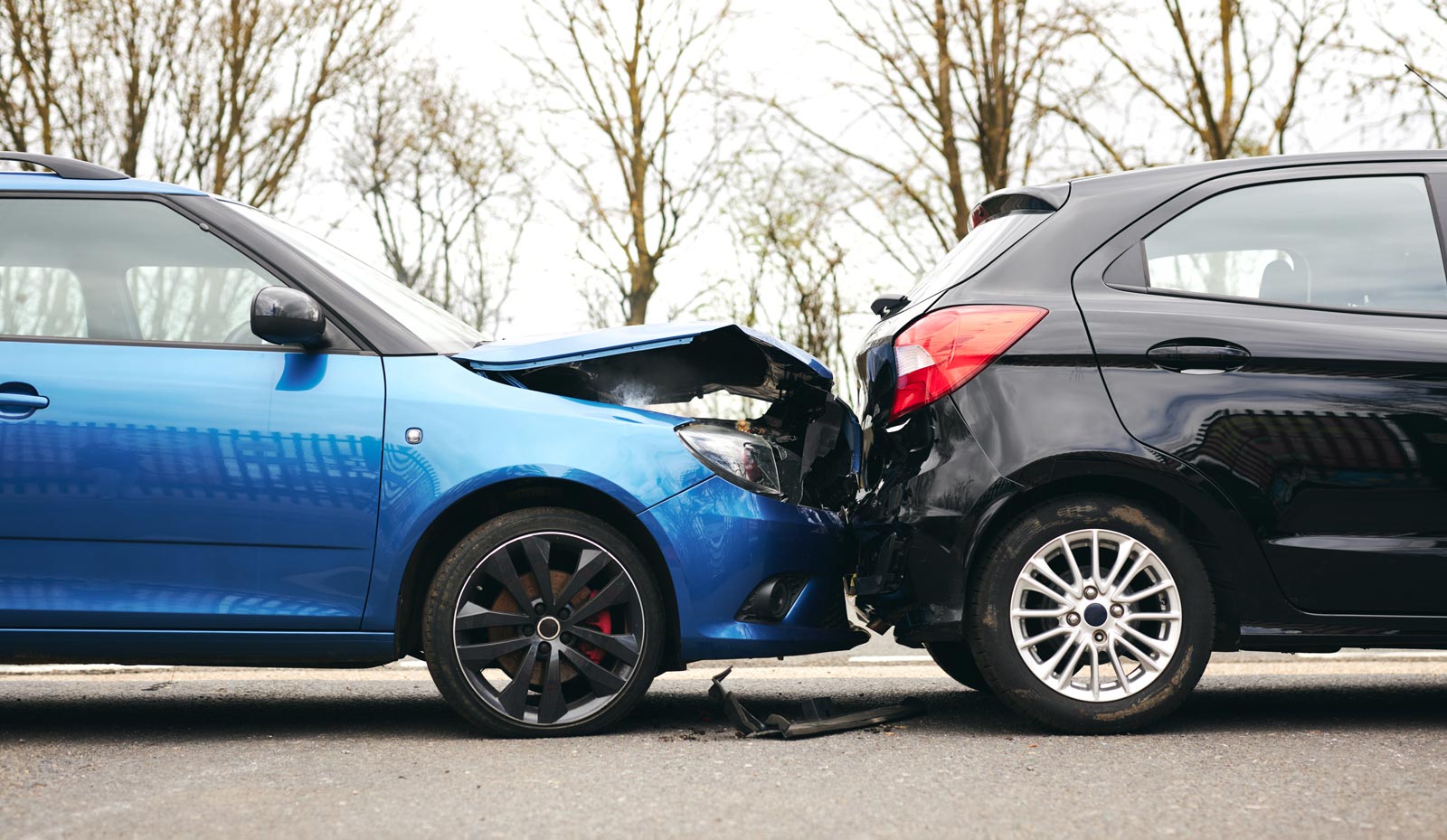After a car accident, the at-fault driver’s insurance company may seem eager to settle your claim. They might even ask you to calculate your damages and provide a settlement demand, which is a written letter laying out your claim’s value in detail.
If you have all your medical bills, you might think you can calculate your damages easily, but many personal injury victims don’t know they may be entitled to compensation for much more than just medical expenses.
Keep reading to learn about several types of damages that unrepresented crash victims often miss out on.
What Are Personal Injury Damages, and Why Do Crash Victims Miss Out?
When lawyers talk about damages, they’re referring to all the losses caused by the crash, whether they’re physical, financial, or emotional. Generally, you can split damages from a car wreck into three fundamental categories:
- Economic damages: Financial losses, including lost income, medical bills, and any other costs associated with your injuries
- Non-economic damages: Losses like pain and suffering, mental anguish, and loss of companionship
- Punitive damages: A punishment for malicious or reckless conduct, like drunk or drugged driving
While some of these damages are easy to understand, others are much more complicated.
RELATED ARTICLE: How Do You Calculate Pain and Suffering Compensation for Injuries?
Economic damages for losses that have already occurred are relatively easy to understand. If an ambulance company charged you $1,500 for an ambulance ride, you’ll want the at-fault driver’s insurance company to cover the bill. Similarly, most people can calculate their past wage loss just by figuring out how many shifts or paychecks they’ve missed.
However, there are other types of damages that unrepresented crash victims can’t calculate so easily. These damages are more nuanced and harder to identify without guidance from an experienced lawyer. And if you accept a settlement only to realize later that it was too small and doesn’t address all the costs of your injury, there’s no going back — you’ll have to pay the remaining costs out of your pocket.
“…if you accept a settlement only to realize later that it was too small and doesn’t address all the costs of your injury, there’s no going back — you’ll have to pay the remaining costs out of your pocket.”
Damages that unrepresented victims often underestimate or miss entirely include:
1. Future Medical Treatment
Sometimes, injuries require ongoing medical care. Some crash victims will only need pain medications and the occasional doctor’s appointment. But others may need multiple surgeries, ongoing physical therapy and rehabilitation, and intensive treatments to manage chronic pain.
Even if you think your injuries have healed, issues and complications can arise later. For example, artificial joints have a limited lifespan and must be replaced over time. Today, some knee replacements can last 20 years or more. While this may sound like a lot of time, younger crash victims may need another replacement—or even two—over their lifetime.
Additionally, not all surgical hardware lasts as long as a knee replacement. Experts estimate that most ankle replacement patients will need another surgery within 10 to 15 years of their original operation.
At Crosley Law, we carefully review our clients’ medical records, then consult with their physicians and other experts to assess their medical needs for the foreseeable future and quantify these needs in damages.
RELATED ARTICLE: Understanding the Costs and Complications of a Spinal Cord Injury
2. Nursing Home Expenses and Long-Term Care Costs
When a victim suffers catastrophic injuries, they may need long-term care, either at a nursing facility or in their home. They may also need help performing routine tasks like house cleaning, grocery shopping, and personal care. The costs for this type of care and assistance can add up quickly.
Rather than try and guess your potential long-term care costs, it’s best to consult experts. Trained professionals can use your medical records and other information to estimate your future long-term care needs with a high degree of accuracy.
RELATED ARTICLE: Top Settlement Do’s and Don’ts From a Personal Injury Lawyer
3. Loss of Future Wage-Earning Capacity
Even if you can return to some type of work, will you ever get back to your full, pre-injury earning potential? Sadly, many of our clients at Crosley Law never do. To address their future lost wages, our injury lawyers work with vocational experts and assess how much wage-earning capacity they’ve lost so we can present the information to an insurance company or jury.
Vocational experts can evaluate your work history, skills, and limitations and identify potential jobs you could do within the workforce. Then, they compare the earnings at these jobs to your past work, giving your lawyer (and therefore a jury) insight into exactly how much you’ve lost in potential lifetime earnings.
RELATED CLIENT STORY: Crosley Law Gets $4.9 Million Settlement for Trucking Accident Victim with TBI
4. Punitive Damages
Unrepresented crash victims rarely know enough about the law to demand punitive damages. Juries award these damages to victims of malicious or wildly reckless behavior. Punitive damages both punish the at-fault driver and discourage similar behavior from others.
Texas law does set punitive damage caps in personal injury cases. A punitive damage award cannot be more than double your economic damages or $750,000, whichever is greater. Also, if the jury does not award economic damages, then you can’t get more than $200,000 in punitive damages.
5. Diminished Value
When a crash damages your car or other property, it’s not worth as much as it was before the collision. Diminished value damages help you recover some of this loss. Typically, estimating these damages requires an expert who can calculate the pre- and post-collision value of your property.
RELATED ARTICLE: Modern Jurors Are More Sophisticated and Stubborn Than Ever. Is Your Lawyer Up for the Challenge?
Crosley Law: Demanding Fair Compensation for Injured Victims in Texas
Crosley Law’s personal injury lawyers frequently consult with nationally-recognized experts who help us explain our clients’ injuries and calculate their damages. Then, we use cutting-edge strategies and trial presentations to get each client the best recovery we can.
To schedule your free consultation with an attorney from the Crosley Law team, fill out our online contact form or call us at 210-LAW-3000 | 210-529-3000.
References
Davis, J. (n.d.). Knee replacements last for decades. Arthritis Foundation. Retrieved from https://www.arthritis.org/living-with-arthritis/treatments/joint-surgery/types/knee/knee-replacement-life.php
Henricson, A., Nilsson, J., & Carlsson, A. (2011, December). 10-year survival of total ankle arthroplasties. Acta Orthopaedica. Retrieved from https://www.ncbi.nlm.nih.gov/pmc/articles/PMC3247880/
Texas Statutes § 41.008 (2009).
The content provided here is for informational purposes only and should not be construed as legal advice on any subject.









